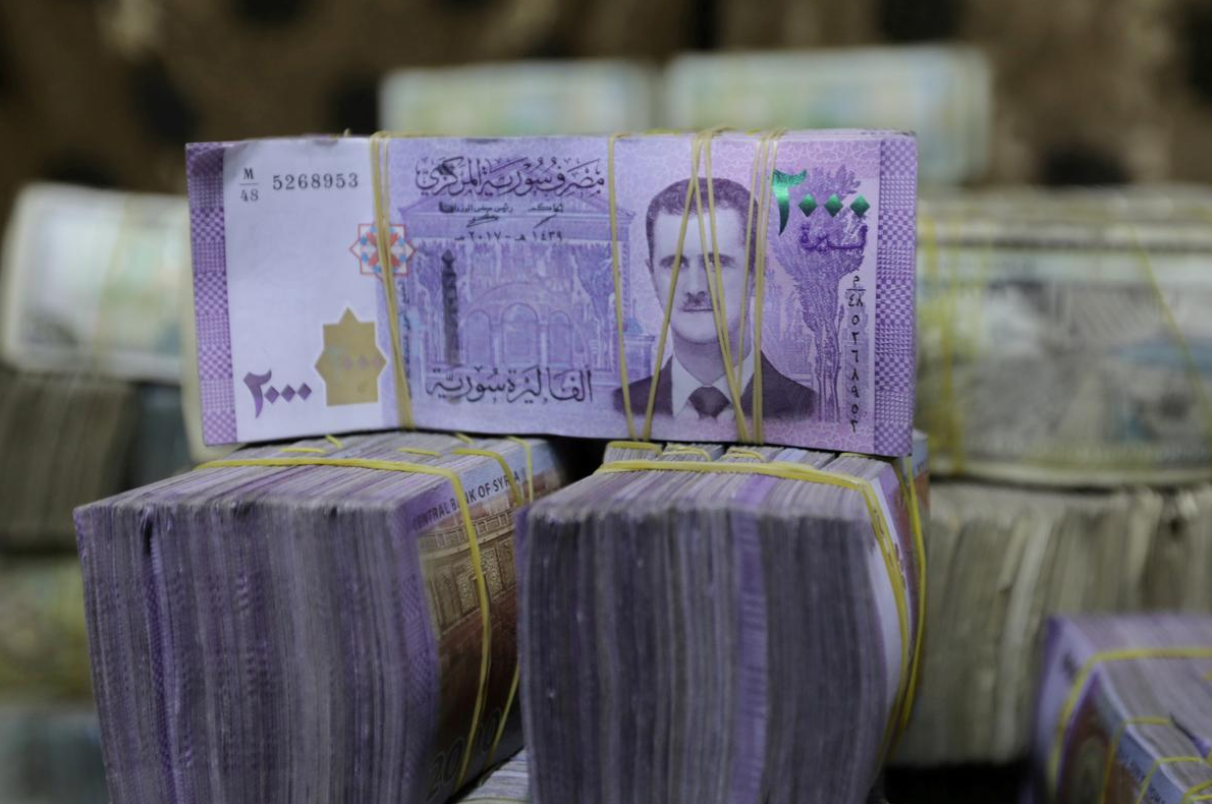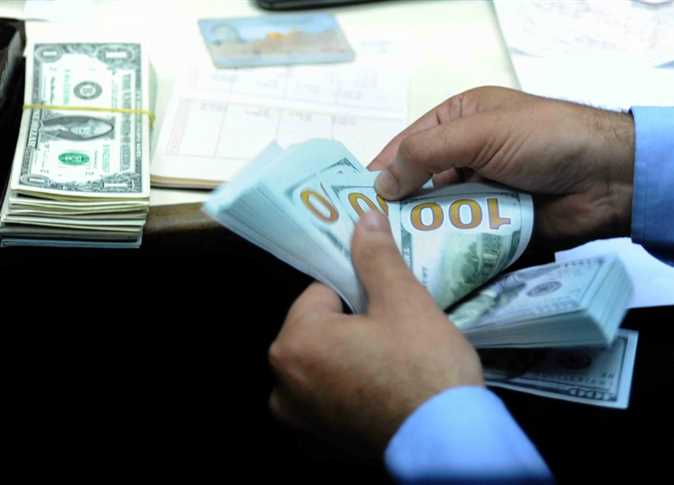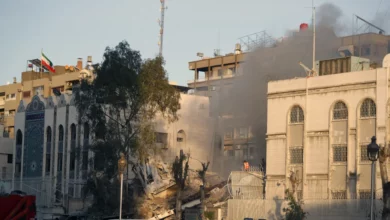
AMMAN (Reuters) — The Syrian pound sank to a new record low on Monday as investors scrambled for dollars ahead of new US sanctions later this month, which many fear will tighten the noose around President Bashar al Assad’s government, dealers and bankers said.
The pound hit 3,000 against the safe-haven dollar in a rapidly accelerating free-fall. It broke an earlier psychological barrier of 2,000 pounds to the dollar last Thursday.
Dealers said investors and businessmen were rattled by tougher US sanctions expected later this month, which they fear will worsen the country’s dire economic plight aggravated by years of Western sanctions and a devastating conflict.
Dealers said people scrambled to hoard dollars to protect their savings, with many businessmen halting commercial transactions as they await an end to wild price fluctuations.
Many investors were worried that the additional sanctions, known as the Caesar Syria Civilian Protection Law and taking effect later this month, penalize foreign companies dealing with Syrian firms associated with Assad’s government.
They fear tightening penalties on entities and individuals who do business with Syria would dim prospects for an inflow of capital from abroad crucial for post-war reconstruction.
Sentiment has also been hurt by Syria’s recent seizure of assets — including hotels, banks and mobile operator — belonging to Assad’s cousin, Rami Makhlouf, one of the country’s richest men.
The pound had traded at 47 to the dollar before protests against Assad’s authoritarian rule erupted in March 2011.
The collapse of the currency has driven up inflation and aggravated hardship as Syrians struggle to afford food, power and other basics.
Dozens of demonstrators protested eroding living standards from the collapse of the pound for the second day on Monday. They chanted slogans calling for the downfall of Assad in the pro-government Druze majority city of Sweida in southern Syria.
___
Reporting by Suleiman Al-Khalidi; Editing by Tom Brown
Image: Syrian pounds are pictured inside an exchange currency shop in Azaz, Syria February 3, 2020. (REUTERS/Khalil Ashawi)




